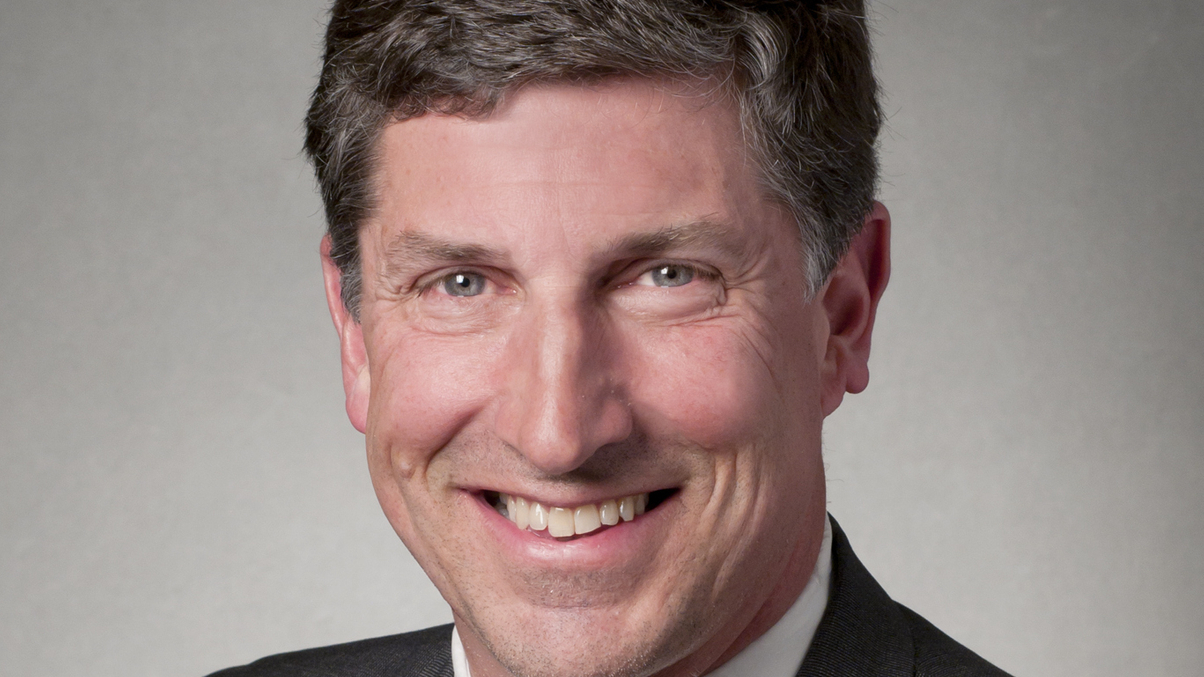Pioneer targets Pacific Ocean growth
Pioneer Investments has just 3% of its assets sourced from Asia, but is aiming to improve this, says senior vice-president Sam Wardwell, who takes note of Asian interest in the US.

Slowing growth in China coupled with an exodus from emerging markets has led many Asian institutions to eye opportunities abroad, with the US is high on their list, says Pioneer Investments.
Sign in to read on!
Registered users get 2 free articles in 30 days.
Subscribers have full unlimited access to AsianInvestor
Not signed up? New users get 2 free articles per month, plus a 7-day unlimited free trial.
¬ Haymarket Media Limited. All rights reserved.


